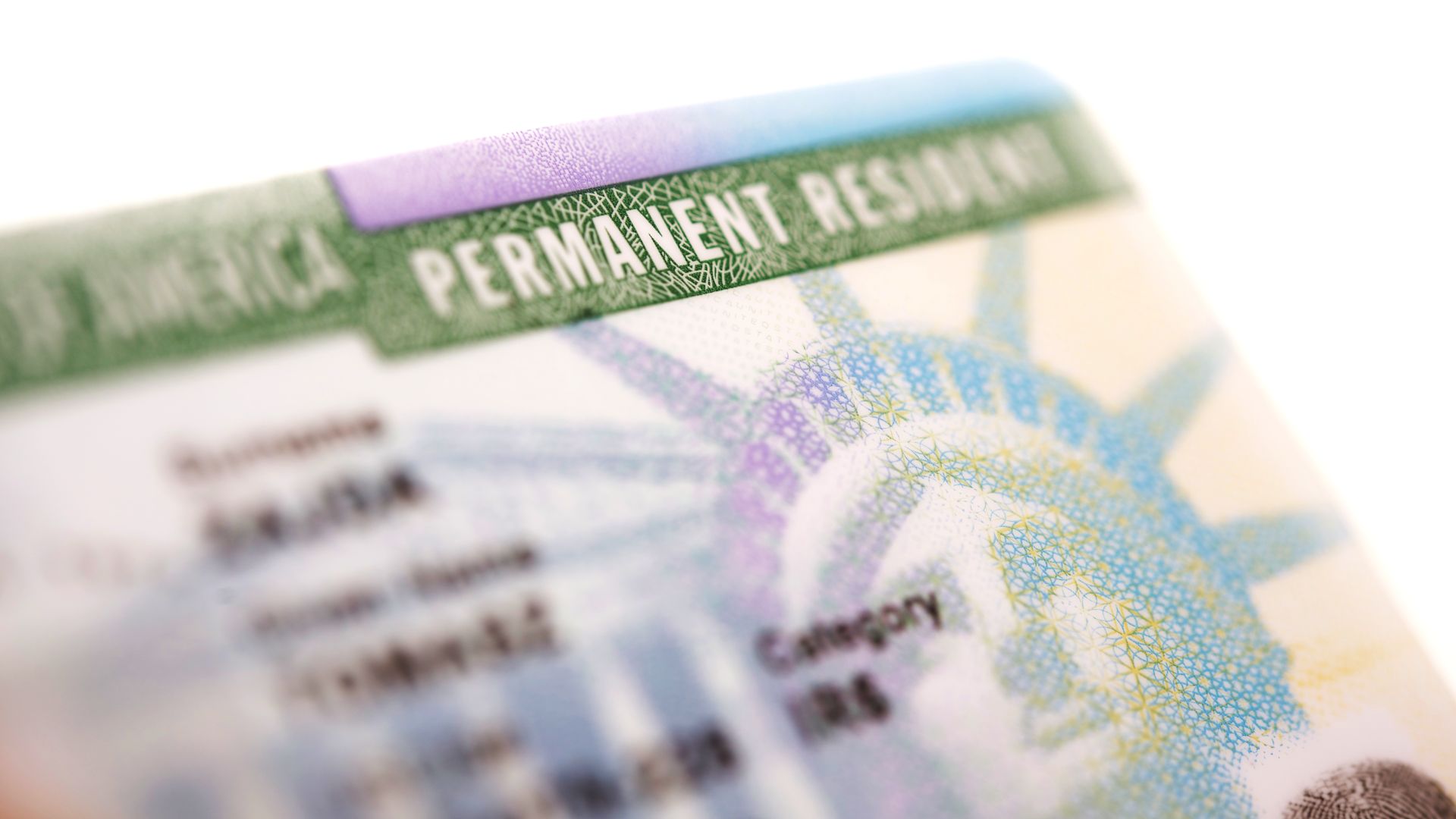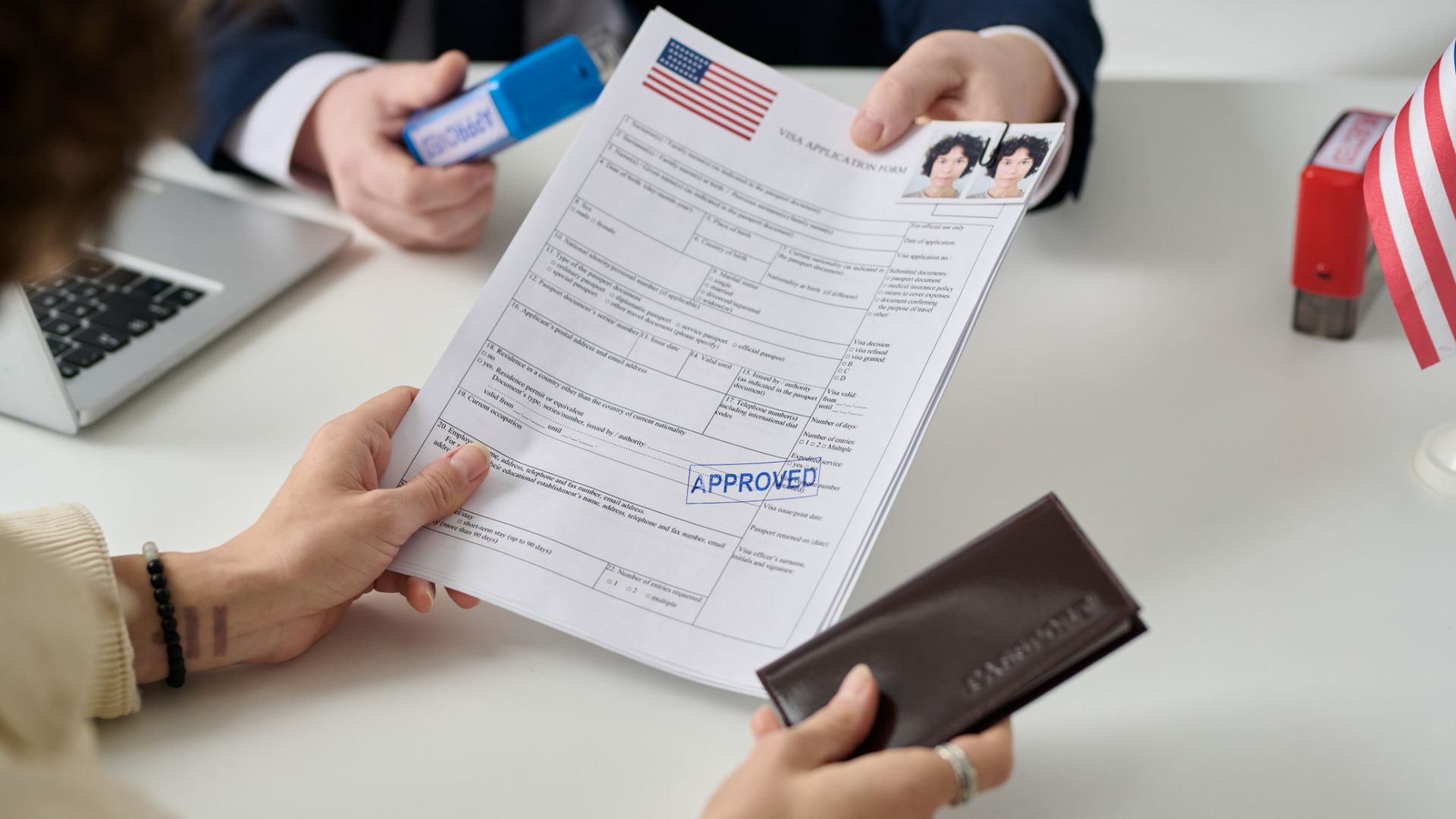The U.S. Citizenship and Immigration Services (USCIS) recently made an important change to its policy that simplifies the naturalization process for lawful permanent residents (LPRs). This update clarifies when immigrants must prove they were lawfully admitted to the United States for permanent residence, focusing only on their initial admission or adjustment to LPR status.
Here’s what this means for you as an immigrant looking to become a U.S. citizen.
What’s the New USCIS Policy About?
Before this update, immigrants applying for U.S. citizenship had to prove they were lawfully admitted to the U.S. as permanent residents during all entries or reentries into the country. This was confusing, especially for those who traveled abroad and returned multiple times.
With the new policy, USCIS will only look at whether you were lawfully admitted or adjusted to lawful permanent resident (LPR) status during your first admission or adjustment. You no longer need to prove lawful status for any trips or reentries after that.
Why Did USCIS Make This Change?
The new policy aligns with a 2024 court ruling in Azumah v. USCIS. The court decided that requiring immigrants to show lawful admission at every reentry created unnecessary hurdles and wasn’t supported by U.S. immigration laws. USCIS updated its Policy Manual to reflect this legal precedent and make the process clearer and fairer.
Key Points Immigrants Need to Know
- Applies to Initial Admission or Adjustment Only
USCIS will now only check if you were lawfully admitted as an LPR during your first time becoming a permanent resident. Your trips or reentries into the U.S. after that aren’t part of this review. - Effective Immediately
This policy applies to all pending and new applications submitted on or after November 14, 2024. If you’ve already filed, this change could benefit you. - Naturalization Made Simpler
The new rule reduces confusion, paperwork, and unnecessary scrutiny for immigrants who have been living in the U.S. lawfully. - Policy Manual Updates
USCIS updated its Policy Manual to include this clarification in Volume 12, Part D, Chapter 2. It’s the go-to source for details on this and other naturalization requirements.
How Does This Affect My Naturalization Application?
If you’ve been a lawful permanent resident (LPR) and are ready to apply for U.S. citizenship, this change is good news for you. Now, you don’t have to worry about whether a past reentry into the U.S. might delay or block your application.
For example:
- If you adjusted your status to a green card holder (LPR) through a family petition, asylum, or employment and your adjustment was lawful, you meet this requirement.
- If you traveled internationally and returned to the U.S. after receiving your green card, USCIS will not ask for proof of lawful admission for those reentries when reviewing your naturalization application.
Why This Policy Update is Helpful for Immigrants
This update is a big step in making the naturalization process less complicated and more immigrant-friendly. It removes unnecessary roadblocks that caused confusion and delays for many green card holders who were otherwise eligible to become U.S. citizens.
Here’s why this matters:
- Less Paperwork: You don’t need to gather extra documents about every trip or reentry into the U.S.
- Faster Decisions: USCIS can focus on your eligibility based on your initial lawful admission or adjustment.
- Fairer Outcomes: This change ensures immigrants aren’t penalized for technicalities that don’t affect their eligibility for citizenship.
What Should You Do Next?
If you’re planning to apply for naturalization:
- Check Your Green Card History: Make sure your initial admission or adjustment to LPR status was lawful. This is what USCIS will evaluate.
- Gather Required Documents: While you don’t need to prove lawful admission for every reentry, you still need to meet other naturalization requirements like continuous residence, good moral character, and passing the English and civics tests.
- Stay Updated: Always refer to the latest USCIS Policy Manual or consult with an immigration attorney to understand your rights and responsibilities.
Need Help with Your Application?
Navigating the naturalization process can be overwhelming, but this new rule makes it a bit easier. For additional support:
- Visit the USCIS website: Check the latest updates and policy changes.
- Contact a trusted immigration lawyer: We can guide you through the process and ensure your application meets all requirements.
Final Thoughts
Becoming a U.S. citizen is a dream for many, and USCIS’s recent policy update removes a significant hurdle for lawful permanent residents. By focusing on your initial admission or adjustment to green card status, this change helps you focus on what truly matters—showing your commitment to becoming a part of the United States.
Start your application with confidence and take the next step toward your American Dream!








